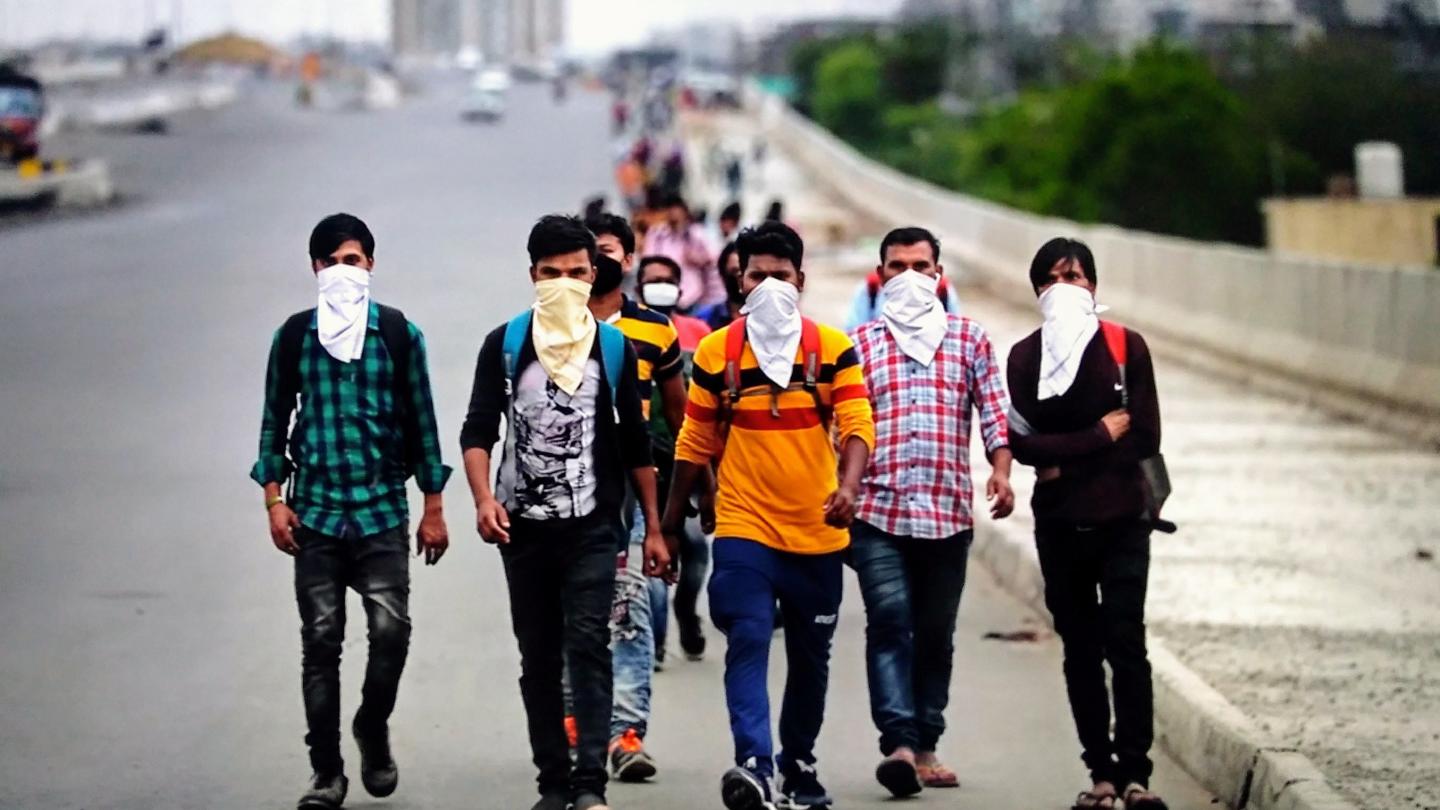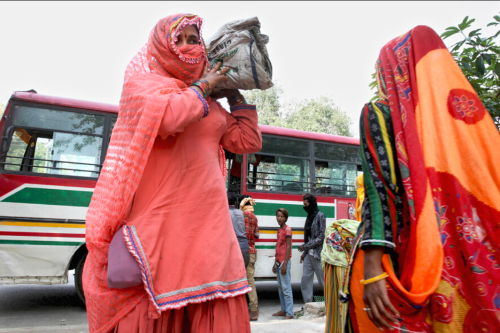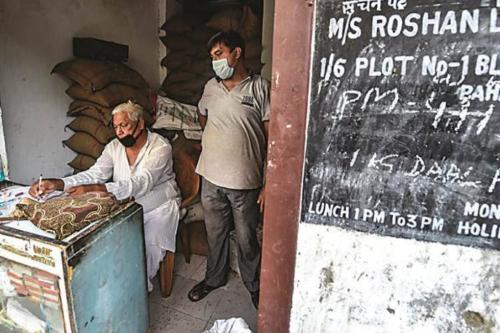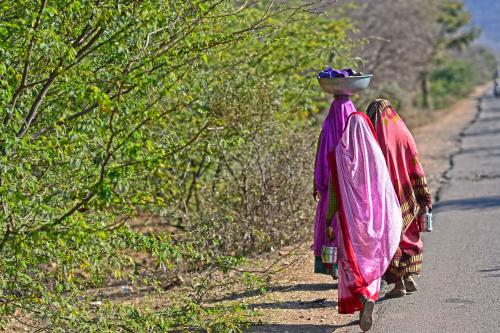Research to inform the policy response to Covid-19
The Covid-19 pandemic disrupted the livelihoods of India's most vulnerable populations, including millions of urban laborers who lost their jobs and returned to the countryside. Following a nationwide lockdown, these internal migrants fled the urban areas where they worked to return to their villages - where many confronted discrimination and struggled to access local safety nets. India's migrant population continued to face difficult decisions throughout the pandemic, often balancing economic opportunities against the health risks posed by the virus.
Nearly 1.5 years after India’s nationwide Covid-19 lockdown began, low-income migrants had not recovered their pre-pandemic incomes and reported high levels of food insecurity. Similar to other populations, female migrants particularly struggled to connect to jobs.
Since April 2020, Inclusion Economics at Yale University and the Inclusion Economics India Centre – in collaboration with researchers from the University of Southern California, the University of Michigan, and the University of Colorado – have conducted a series of surveys of more than 5,000 migrants who returned to their home villages in eastern and central India following the first lockdown. The project, which is currently in its implementation phase, has provided timely insights into how migrants have fared throughout the pandemic, who has stayed in rural areas and who has returned to urban centers, and how Covid-19 has affected migrants’ livelihoods and plans for the future.




